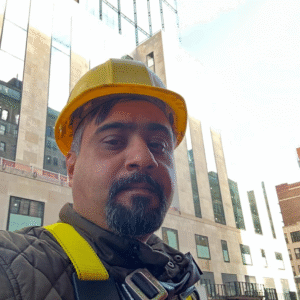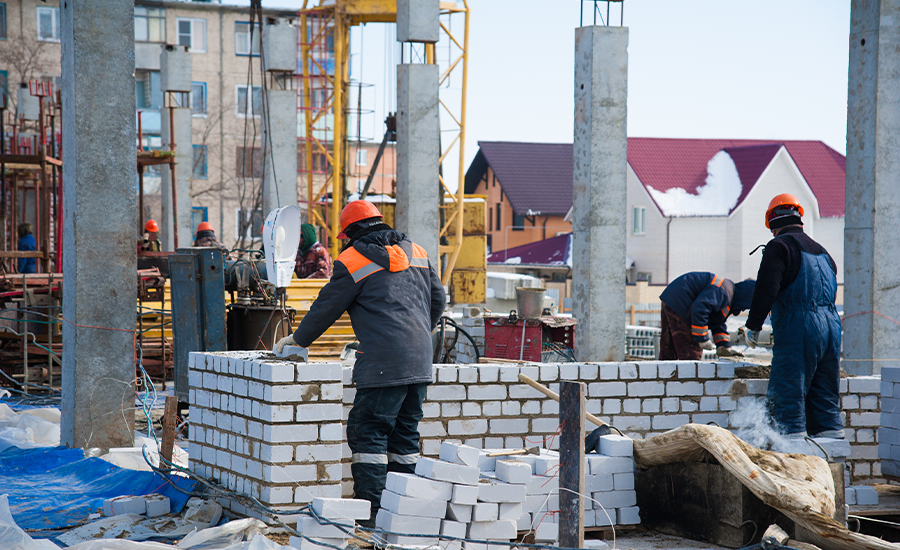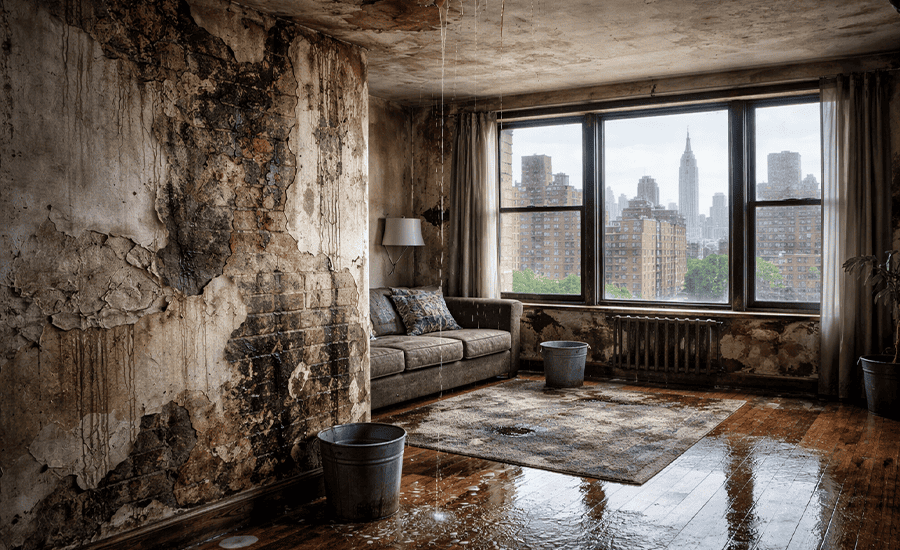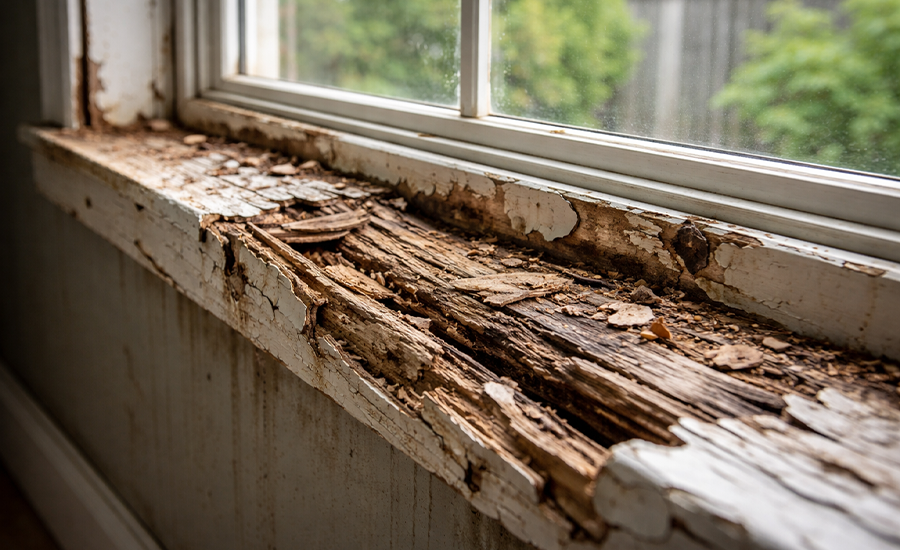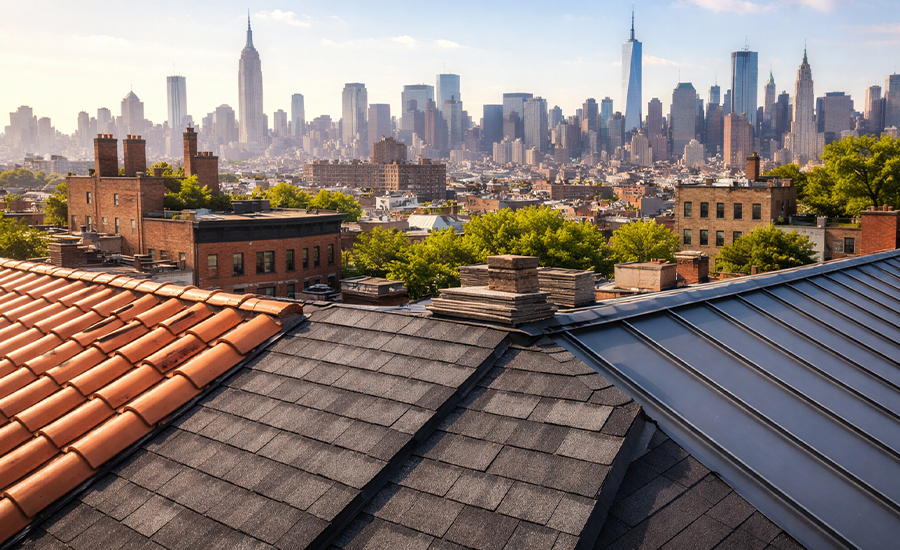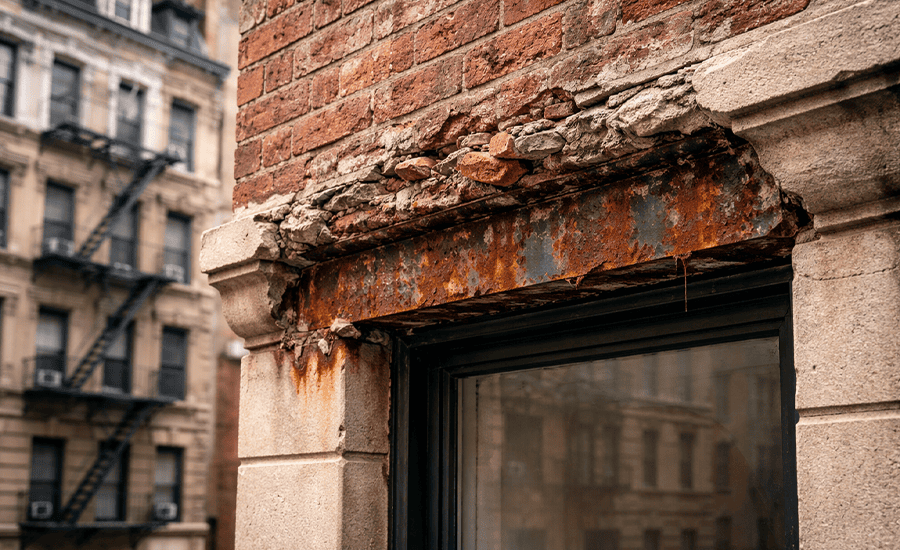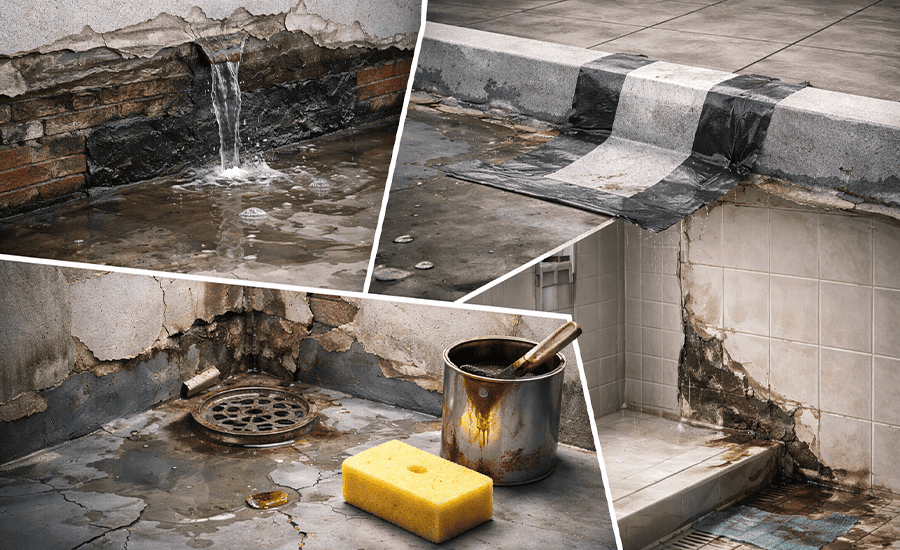When it comes to performing masonry work in residential and commercial properties in winter, most of the property owners hesitate in opting for it because of the off-season construction. But with complete safety protocols and knowledge about handling the masonry, you can easily do repairs, installation, and restorations in winter with utmost durability and strength. In fact, winter masonry is quite common in cities with long, cold seasons. Hiring professional contractors is the best idea as they use special techniques, curing controls, and materials designed to handle low temperatures, all while preventing damage and ensuring structural integrity.
In this blog, we’ll be exploring how winter masonry is done, the difficulties in doing masonry work in winter, and its advantageous side.
Can Masonry Work Be Done in Winter?
Yes! Masonry repairs and restoration work can be done in winter too, but with proper winter-grade mortar, strict temperature control, and following all the safety guidelines. You can work on masonry surfaces like mortar, concrete, blocks, and brick, which are prone to freezing. Proper temperature is essential to set the mortar because if the mortar freezes, it can weaken the structure. Hiring an experienced masonry contractor helps in maintaining consistent curing conditions using proven techniques to safeguard the integrity of your residential and commercial property work.
A similar winter-focused guide on brick pointing in cold weather can help you understand how mortar reacts in freezing temperatures.
Why Winters Hinder Masonry Work?
The mortar mixture has water in it, so as the temperature decreases, it becomes dangerous to the masonry and results in weakening of the mortar. The following points elaborate on the situation in detail:
- The mortar prematurely bonds because the mortar freezes too early.
- The curing process becomes too slow.
- The bricks, stones, and blocks don’t adhere properly.
- The ice reduces mortar strength.
- The wall’s integrity becomes compromised.
You can also check how freeze thaw effects impact mortar bonding and long term durability during cold seasons.
What Are The Best Practices Used By Skilled Masons In Winters?
Hiring a professional masonry contractor is always a wise investment, as they use the winter-appropriate tools and methods while safely handling the entire masonry work:
Temperature-controlled workspace
- Keeps mortar above freezing.
- Protects workers.
- Maintains consistent curing temperature.
Using pre-heated compounds
- Heat mixing water.
- Store bricks indoors.
- Use warm sand.
- Use accelerated-setting mortar additives.
Winter-grade Mortar Accelerators
- Speed up curing.
- Reduce water content.
- Improve early strength.
Complete Thermal Protection
- Insulated blankets.
- Tarp systems.
- Straw barriers.
- Heat-retentive wraps.
Tracking Air & Material Temperature
- Air temperature.
- Mortar temperature.
- Masonry unit temperature.
- Overnight temperature drops.
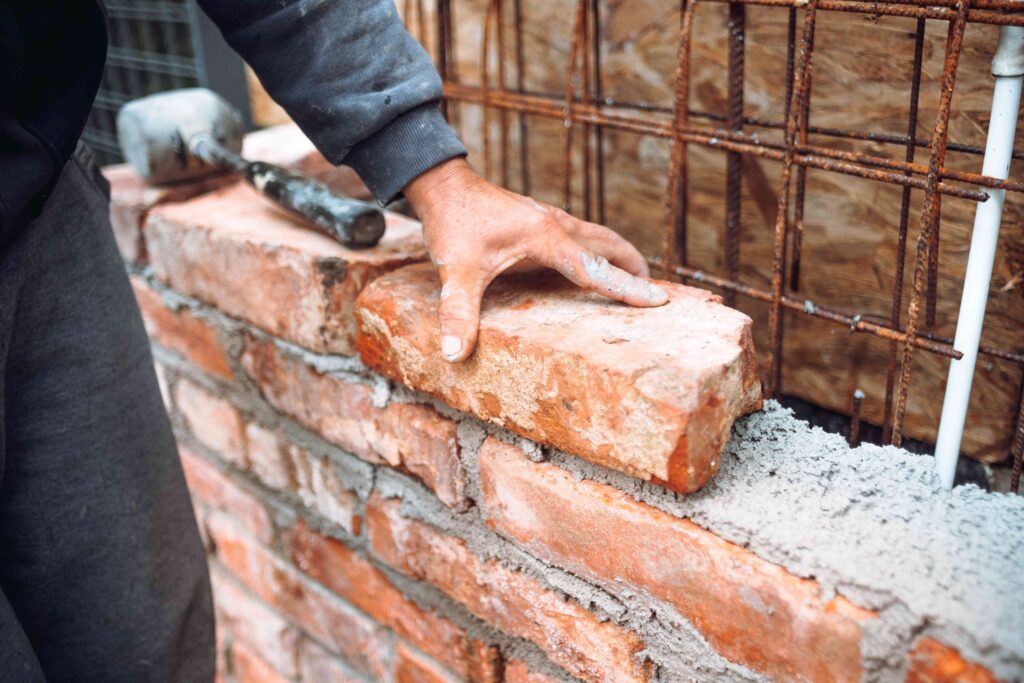
Advantages Of Performing Masonry Work in Winter
Performing masonry work in winter also comes with some advantages. Let’s have a look at them:
Expedited Scheduling
Contractors are less busy. You can book earlier and complete projects without long spring wait times.
Cut Downs on hold-up
Winter work allows you to:
- Finish repairs before spring storms
- Prevent worsening damage
- Prepare for other warm-weather renovations
Blocks Moisture entry
Fixing cracks during winter stops:
- Freeze–thaw damage
- Water leaks
- Structural deterioration
Strengthens unstable masonry
Small cracks often turn into expensive repairs when freezing weather expands them.
Many homeowners choose early repairs based on pre winter repointing advice, which aligns with these benefits.
Weather Conditions Where Masonry Work Is Not Safe
Here are some conditions where masonry work should not be done and should be delayed for some time:
- When the temperature drops under 20°F.
- When the heavy snow is continuously accumulating.
- When severe winds disrupt scaffolds and enclosures.
- When you don’t have proper cold-weather tools.
Conclusion
Winter does not stop masonry work when the right steps are followed. With controlled temperatures, winter-grade materials, and trained contractors, repairs and restoration stay strong even in cold months. Homeowners can fix issues early instead of waiting for spring. Proper planning ensures the work lasts and protects your property. Choosing skilled professionals makes the entire process smooth and reliable.
Sardar Restoration Corp proudly serves every corner of NYC, including the Bronx, Manhattan, Brooklyn, Westchester, and Queens. Our services are designed to meet your specific needs, providing top-quality solutions wherever you are. Check our service areas to see how we can assist you in your location.
If you are planning winter masonry, a guide on finding and hiring the right masonry contractor can help you avoid common mistakes.
Contact us today at (+1) 917-355-8556 or sardarrestoration@gmail.com, or visit us at 2770 Fish Ave, Bronx, NY 10469, United States.
FAQS
Do you provide heated enclosures?
Yes! Sardar Restoration Corp. makes sure to provide a heated enclosure and insulated environment while doing masonry work in freezing temperatures.
Is winter masonry more expensive?
Yes, masonry repairs and restorations are more expensive in winter because of the additional cost of heaters, tarps, insulated blankets, and extra labor.
Do you use cold-weather mortar and accelerators?
Yes! Sardar Restoration Corp. uses top winter-grade mortar and additives to ensure proper bonding of mortar joints in cold weather.
Can winter masonry affect long term durability?
No, as long as proper temperature control and winter-grade mortar are used. Skilled contractors ensure the curing process stays consistent so the structure remains strong.
Is it safe to repair small cracks during freezing weather?
Yes, small cracks should be repaired early to stop water entry and prevent freeze thaw damage. Winter repairs often reduce bigger problems later.
Will you monitor temperatures throughout the curing period?
Yes! Our masonry contractor in NYC tracks the weather forecast and temperature throughout the period of curing of mortar for Quality assurance.

